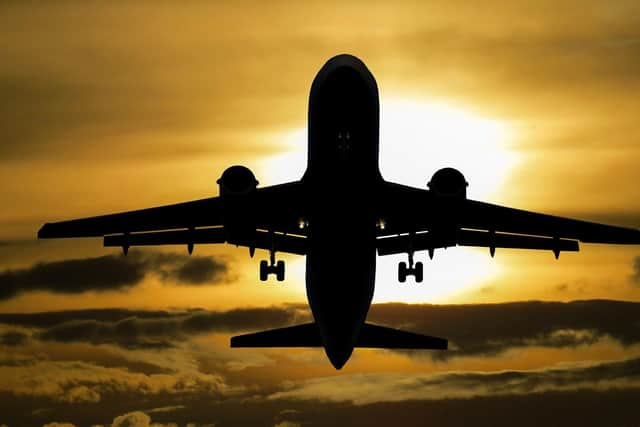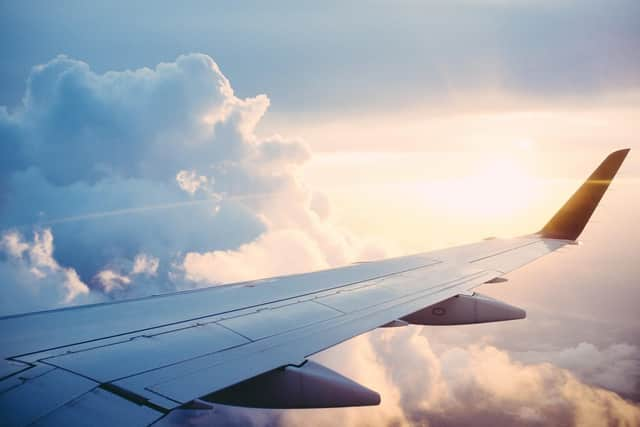Going abroad? This is what the Government's checklist says ahead of 'travel corridor' changes
and live on Freeview channel 276
From Friday, July 10, guidance will change to say those returning from a country with a ‘travel corridor exemption’ – or those who have not been to, or stopped in a country outside of the exemption list in the previous two weeks – will NOT have to self isolate for two weeks when they return to England.
There are 59 countries currently exempt from the quarantine rules, including France, Germany, Greece and Spain.
Advertisement
Hide AdAdvertisement
Hide AdIn an announcement last week, Prime Minister Boris Johnson said the Government was satisifed these measures could be eased safely – but there will still be other requirements to follow.


Those travelling will still be asked to provide their journey and contact details up to 48 hours before arriving back in the UK.
The Government has a ‘travel checklist’ due to the uncertainty of travel as a result of the Covid-19 pandemic.
This is what the advice says you should do if you’re planning to go abroad:


Advertisement
Hide AdAdvertisement
Hide Ad*Keep up-to-date with the latest developments for your destination before and during your trip through the Government’s travel advice email alerts.
*Research your destination’s entry restrictions, screening and quarantine rules. You can contact the UK-based embassy of the country for more information.
*Read the Government’s ‘safer air travel’ guidance – which includes keeping two metres apart where possible, washing and sanitising your hands regularly, not travelling if you have experienced symptoms of coronavirus, are self-isolating or sharing a household or bubble with someone who has had symptoms/is self-isolating.
*Wear a face covering on flights in England and Scotland.
*Check with your accommodation about which safety measures are in place.
Advertisement
Hide AdAdvertisement
Hide Ad*Follow all health measures during your journey and at your destination – check with the relevant local authority about specific restrictions.
*Take out travel insurance and check the cover you have chosen is valid and appropriate for your trip.
*Be prepared to comply with a change in measures at your destination, in case of a localised outbreak.
*Check your cancellation rights.
